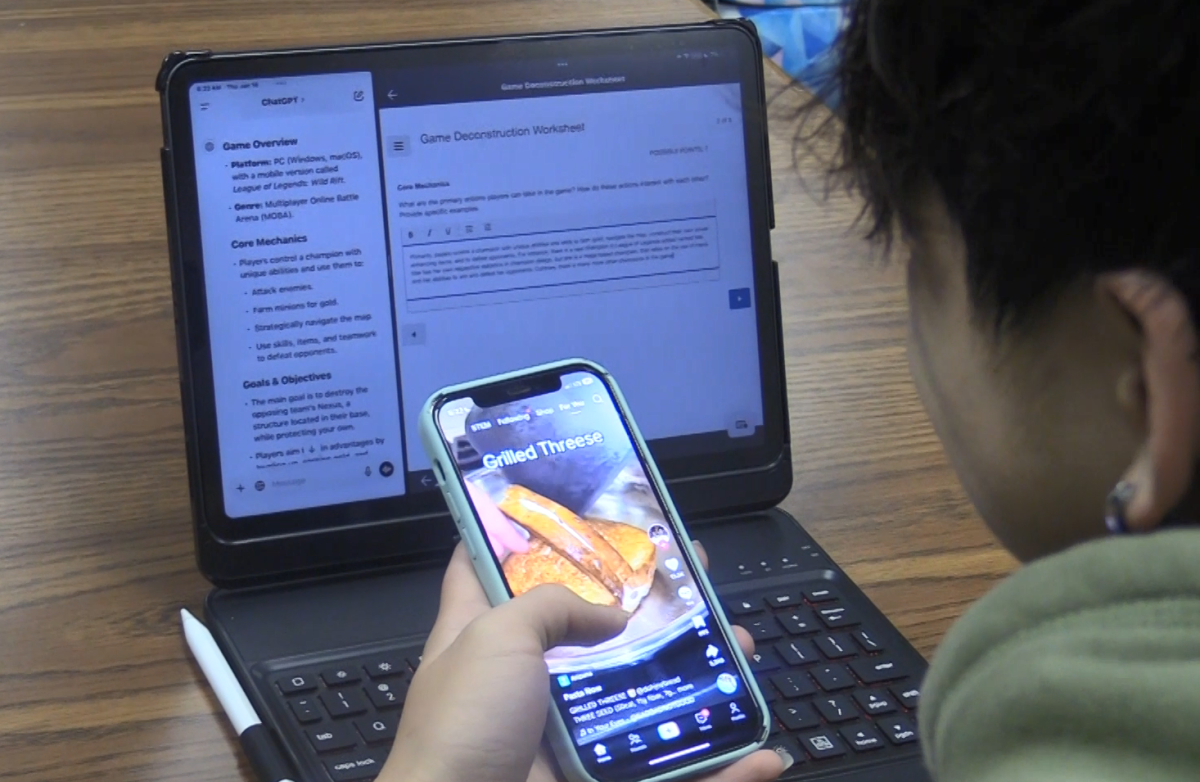Early graduates will no longer receive incentive scholarship money since the discontinuation of the Early High School Graduation Scholarship funded by the state of Texas.
Officially, the program will not be funded starting the fall semester of 2011. However, counselor Dawn Walls received a letter from the state in January, informing her that the state has no money left. She said that early graduates will most likely not receive their scholarship money, even if they have already sent in an application.
“The letter was very clear that as of now there is no money,” she said. “They said I could still send in [applications] but the chances of [students] getting [money] are not so great.”
The loss of the scholarship will likely impact Kerr students more than other area high schools because it is easier to graduate early from Kerr.
“We have a lot more early grads than the other high schools,” Walls said. “For our students, this sorta hurts.”
Ordinarily, students would be able to receive anywhere between $500 and $2000 for graduating early. The application process is normally only a few weeks long. Walls, however, has been approached by students who graduated in January but have still not received their checks.
“Some of them were very disappointed,” she said. “Some took out emergency loans thinking that they were going to get this money.”
She questions the wisdom of the cut.
“It doesn’t make any sense, does it?” she said. “I thought that someone would realize that it costs more to keep these kids in school.”
What she means is this. In the last four years, Kerr spent an average of $4,564 per student, a total that includes state and federal funds. Based on this, each student costs the school system at least $18, 256 by the time they have finished high school. Students who graduate in three years, however, only cost the school system about $15,692—that includes the $2,000 scholarship previously awarded to early grads. So while it costs the school system $2,000 to reward each early graduate, early graduates end up saving the school system $2,564.
With the cutting of the scholarship, however, interventionist Eugene Miller predicts a decline in the number of students who opt for early graduation.
“I think that students would be less motivated to graduate early,” he said. “They might also look into staying at school and taking dual-credit courses. I’m working very hard to expand the number of courses available and the number of colleges and universities available.”
There are currently 14 students listed as early graduates. They have varying degrees of knowledge on the scholarship and varied opinions.
For senior Suveda P., the scholarship is not a great loss.
“I had planned to graduate early anyway,” she said. “It’s nice to get a couple thousand but it doesn’t make a difference.”
Junior Lisa L. had planned to graduate early but lists the loss of the scholarship as one of the reasons she reconsidered her decision. She had wanted to graduate early to take advantage of the scholarship, “but since there’s no point in that…[I’m] not as motivated.”
Suveda said she only heard about the cuts by word-of-mouth from friends.
“They didn’t tell us anything,” she said. “I guess they didn’t know themselves and had to go make an inquiry.”
Walls said she has informed all students impacted by the cut.
“They were all told no,” Walls said. “They chose not to listen.”






